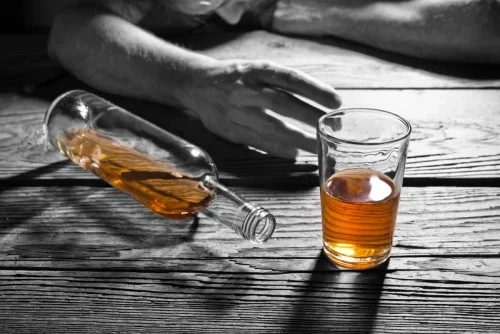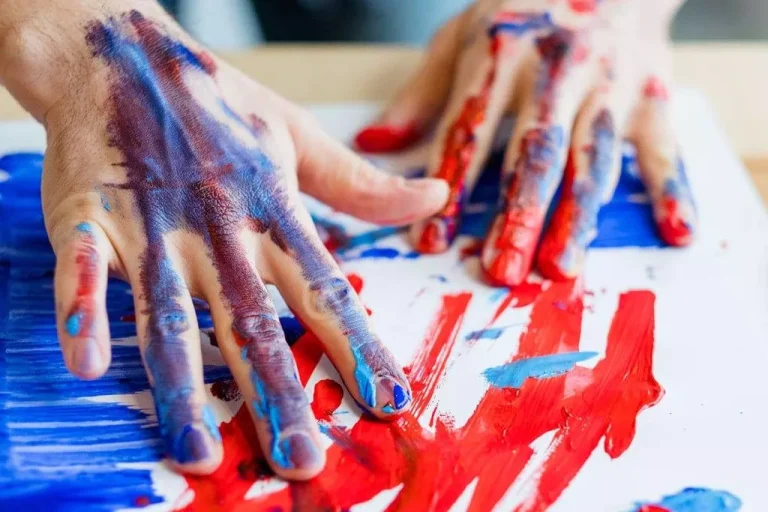
The most common type of allergy testing is the skin prick test. During a skin prick test, your doctor will use a lancet to prick or scratch your skin. They will apply a drop of allergen extract to the pricked or scratched area. Your skin’s reaction can help them learn if you have an allergy. If you develop symptoms after drinking alcohol, make an appointment with your doctor. Depending on your symptoms, they might refer you to an allergist for testing and treatment.

Allergic Reaction Rash to Alcoholic Drinks
Covering your nose and mouth when you sneeze can reduce the spread of germs. This is especially important if you have been exposed to COVID-19 or are experiencing symptoms. Allergies can cause sneezing, runny nose, and itchy eyes or ears. But allergies, unlike COVID-19, the flu, and the common cold, are not contagious. Allergies result when the immune system overreacts after exposure to allergens, including dust, tree and grass pollen, and pet dander.
Can you suddenly develop an alcohol allergy?
If you experience these symptoms after drinking alcohol, you must see a doctor as you may need to be treated for an allergy. Alcohol intolerance is most often due to genetic conditions and sensitivity to histamine and sulfites in alcoholic beverages. Those who notice alcohol and sneezing an increase in their asthma symptoms after drinking alcoholic beverages, especially wine, might be reacting to potassium metabisulfite, a common preservative. While the viruses spread in some of the same ways, cold symptoms are often less severe than COVID-19.
Sneezing in COVID vs. Cold vs. Flu vs. Allergies

Dilated blood vessels can cause inflammation and swelling in the nasal passages. This can lead to sneezing as well as a runny or stuffy nose. In some people, drinking alcohol may also trigger an allergic reaction, which can cause sneezing and other symptoms. The histamine causes the blood cells in the nasal region to dilate, resulting in mucus, nasal congestion, sneezing, and a runny nose.


Why Do I Sneeze When I Drink Alcohol?
- It’s possible to be allergic to alcohol, but it’s not very common.
- Most people who become sick with COVID-19 will have mild to moderate symptoms and can get better at home.
- There are two physiological reasons why this can happen.
- The only solution for alcohol intolerance is to completely avoid alcohol.
- In addition, beer is often brewed with hops, comprising a compound called lupulin.
What Are the Immediate and Long-Term Health Benefits After You Stop Drinking Alcohol?
- It can be a long-term problem, and it has no clear cause.
- Also, 30–35 percent said that it made their asthma worse.
- You’re more likely to have allergies if you have a family history of allergies.
